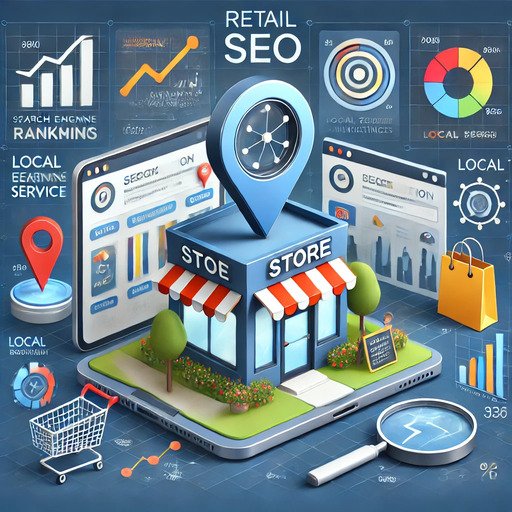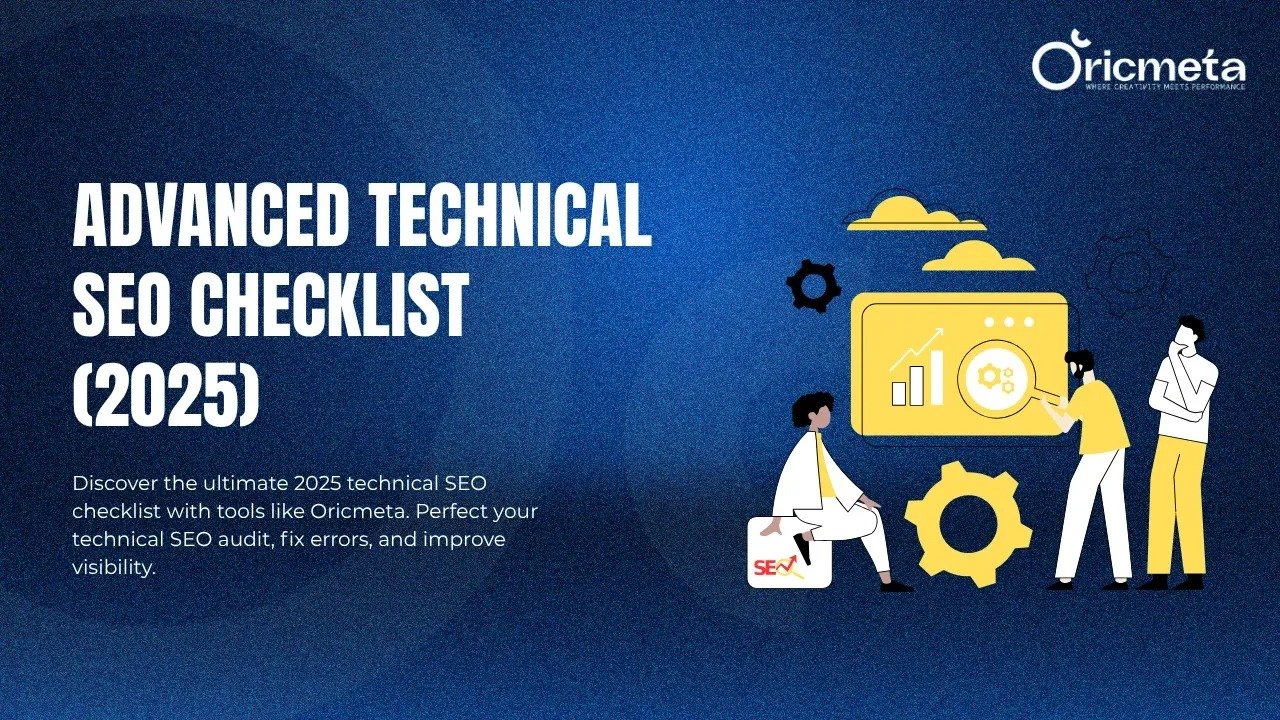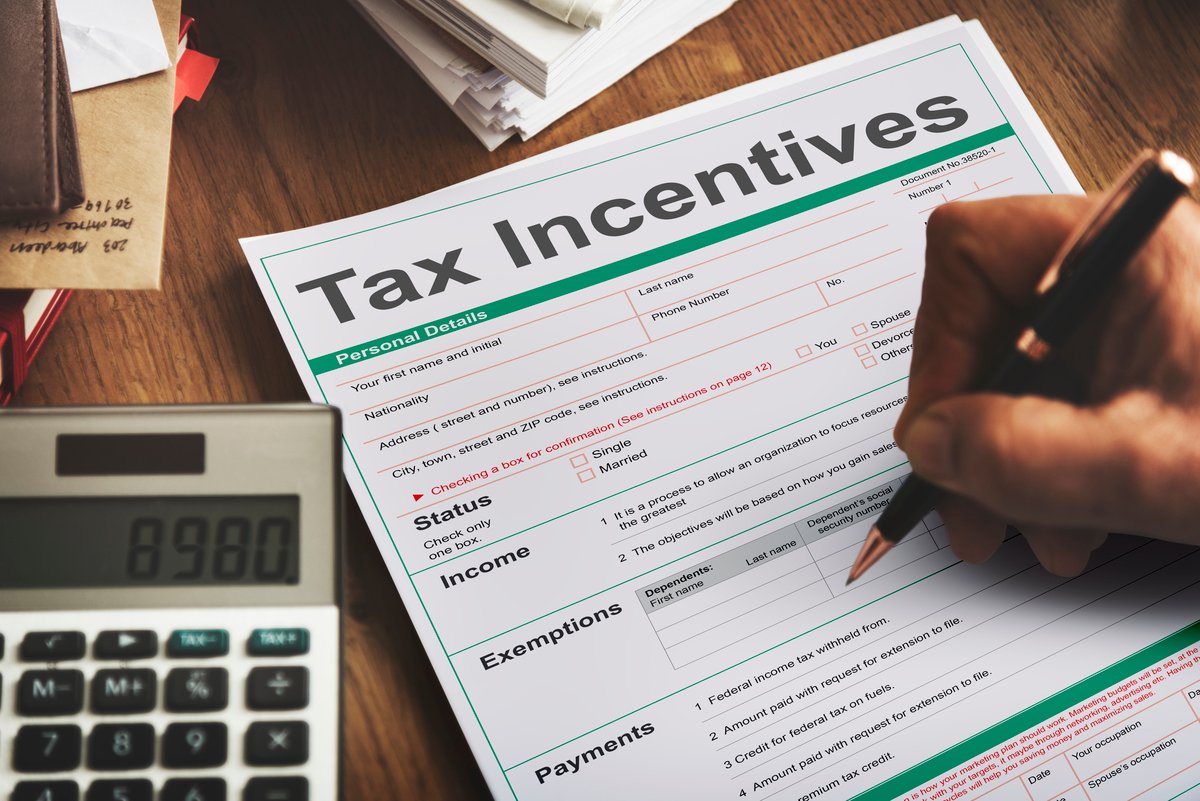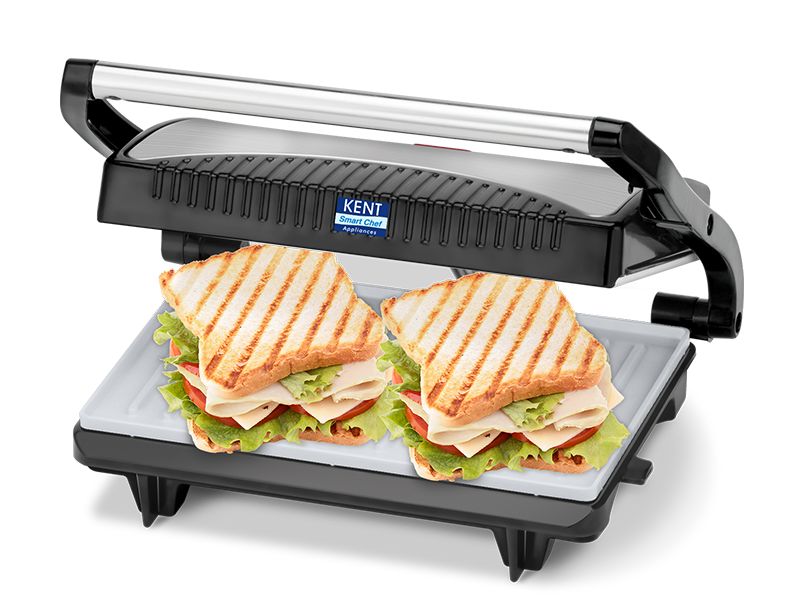In today’s digital-first world, having an online presence is no longer optional for retail stores. Customers are increasingly turning to the Internet to research, compare, and make purchasing decisions. Therefore, ensuring that your retail store is visible online can directly impact your sales and growth. While the task may seem daunting, boosting your retail store’s online visibility doesn’t have to be complicated. Here’s a comprehensive guide to doing it easily and effectively.
1. Optimize Your Website for Search Engines (SEO)
Search engine optimization (SEO) is a critical step in improving your online visibility. SEO Services For Retail Business helps your website appear in search engine results when potential customers search for products or services you offer. Here are some basic SEO strategies:
- Keyword Research: Identify the keywords your target audience uses to find your products. Tools like Google Keyword Planner or SEMrush can help you discover these terms.
- On-Page SEO: Use your keywords strategically in your website’s content, including titles, headings, product descriptions, and meta tags.
- Mobile Optimization: Ensure your website is mobile-friendly since a significant portion of online traffic comes from mobile devices.
- Fast Loading Speed: A slow-loading website can negatively impact user experience and search rankings. Use tools like Google PageSpeed Insights to optimize loading times.
2. Leverage Social Media Platforms
Social media platforms are powerful tools for increasing your online visibility. They allow you to connect with your audience, showcase your products, and drive traffic to your website. Here’s how to use social media effectively:
- Choose the Right Platforms: Focus on the platforms where your target audience spends most of their time. For instance, Instagram and Pinterest are ideal for visual-heavy content, while LinkedIn works well for B2B retail.
- Post Regularly: Maintain a consistent posting schedule to keep your audience engaged.
- Use Hashtags: Relevant hashtags can make your content discoverable to a broader audience.
- Engage with Followers: Respond to comments, messages, and mentions to build relationships with your audience.
3. Claim and Optimize Your Google Business Profile
A Google Business Profile (formerly Google My Business) is a free tool that allows you to manage how your business appears on Google Search and Maps. Optimizing this profile can significantly boost your local online visibility:
- Complete Your Profile: Provide accurate information about your business, including address, phone number, website, and business hours.
- Add Photos: High-quality images of your store and products can attract more customers.
- Collect Reviews: Encourage satisfied customers to leave positive reviews, as they enhance credibility and improve local rankings.
4. Invest in Paid Advertising
While organic methods are effective, paid advertising can provide a quicker boost to your online visibility. Platforms like Google Ads and social media offer targeted advertising options that can drive traffic to your store.
- Google Ads: Use pay-per-click (PPC) campaigns to target specific keywords related to your products.
- Social Media Ads: Platforms like Facebook and Instagram allow you to target ads based on demographics, interests, and behaviors.
- Retargeting Ads: Show ads to people who have visited your website but didn’t make a purchase, encouraging them to return.
5. Create High-Quality Content
Content marketing is an excellent way to establish authority in your niche and attract customers. By providing valuable content, you can drive traffic to your website and increase brand awareness.
- Blogging: Write articles about topics related to your products or industry. For example, a clothing store could blog about fashion trends or style tips.
- Videos: Create engaging video content, such as product demonstrations, tutorials, or behind-the-scenes footage.
- User-Generated Content: Encourage customers to share photos or reviews of your products on social media, which you can then repost.
6. Utilize Email Marketing
Email marketing is a cost-effective way to stay in touch with your customers and keep them informed about your latest products, promotions, and news.
- Build an Email List: Use signup forms on your website and in-store to collect customer emails.
- Segment Your Audience: Send personalized emails based on customer preferences or purchase history.
- Include Call-to-Actions: Encourage recipients to visit your website, redeem a coupon, or make a purchase.
7. Collaborate with Influencers
Partnering with influencers can help you reach a wider audience and build trust with potential customers. Influencers can showcase your products to their followers, driving traffic and sales.
- Choose Relevant Influencers: Work with influencers whose audience aligns with your target market.
- Offer Free Products or Discounts: Provide incentives for influencers to promote your store.
- Track Performance: Monitor metrics like engagement and conversions to evaluate the success of your collaborations.
8. Optimize for Local SEO
If you have a physical retail store, local SEO is essential for driving foot traffic and online visibility in your area.
- Use Local Keywords: Include location-specific terms in your website content, such as “[city name] clothing store.”
- Create Local Content: Write blog posts or articles about events or topics relevant to your community.
- List Your Business in Directories: Ensure your store is listed on local directories like Yelp, Bing Places, and industry-specific platforms.
9. Encourage Online Reviews
Online reviews not only improve your credibility but also influence potential customers’ purchasing decisions.
- Ask for Reviews: Politely request reviews from satisfied customers via email or in person.
- Respond to Reviews: Thank customers for positive feedback and address negative reviews professionally.
- Feature Reviews: Highlight positive reviews on your website or social media.
10. Participate in Online Communities
Engaging in online communities and forums can help you establish your brand as an expert in your industry.
- Join Relevant Groups: Participate in Facebook groups, Reddit forums, or industry-specific communities where your target audience hangs out.
- Share Expertise: Provide helpful advice or insights without overly promoting your products.
- Link Back to Your Website: When appropriate, include links to your website or products to drive traffic.
11. Offer Exclusive Online Deals
Providing exclusive online promotions can entice customers to visit your website and make a purchase.
- Discount Codes: Share promo codes on social media or through email campaigns.
- Flash Sales: Host limited-time sales to create urgency.
- Loyalty Programs: Reward repeat customers with points or discounts for shopping online.
12. Monitor and Analyze Performance
Regularly tracking your online marketing efforts helps you identify what works and what doesn’t, so you can optimize your strategies.
- Use Analytics Tools: Platforms like Google Analytics and social media insights provide valuable data about your traffic, engagement, and conversions.
- Set Goals: Define specific metrics to measure success, such as website visits, sales, or social media followers.
- Adjust Strategies: Continuously refine your approach based on performance data.
Conclusion
Boosting your retail store’s online visibility doesn’t have to be overwhelming. By implementing these strategies, you can gradually build a strong online presence that attracts customers and drives sales. Start with the basics, like optimizing your website and leveraging social media, then expand to more advanced tactics, such as paid advertising and influencer collaborations. With consistency and effort, your retail store can thrive in the digital landscape.
Digital Marketing Packages offer businesses a comprehensive suite of services tailored to their needs. These packages often include SEO, social media management, content creation, email marketing, and paid ads. Designed to enhance online presence, they provide cost-effective solutions, ensuring businesses can reach their target audience and achieve measurable growth efficiently.
















Leave a Reply